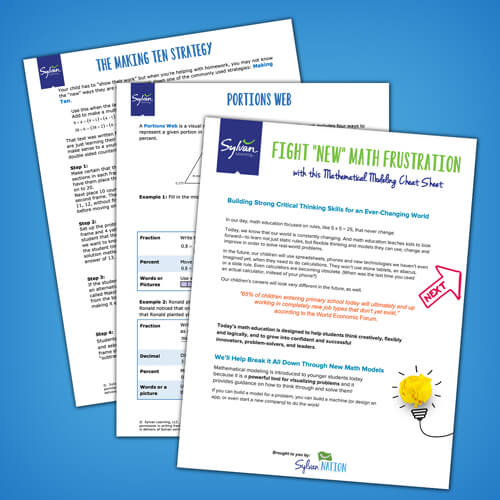Free Learning Resources 
Welcome to Sylvan Nation! This is your go-to place for free worksheets, activities, resources and tips for helping you and your child navigate school. We are dedicated to supporting you at every step of your child’s academic journey, ensuring their success and growth!
Search Our Library of Resources
Start your child on the path to academic success today
Give us a call at (888) 338-2283 or fill out the form to discuss your child’s learning goals.






